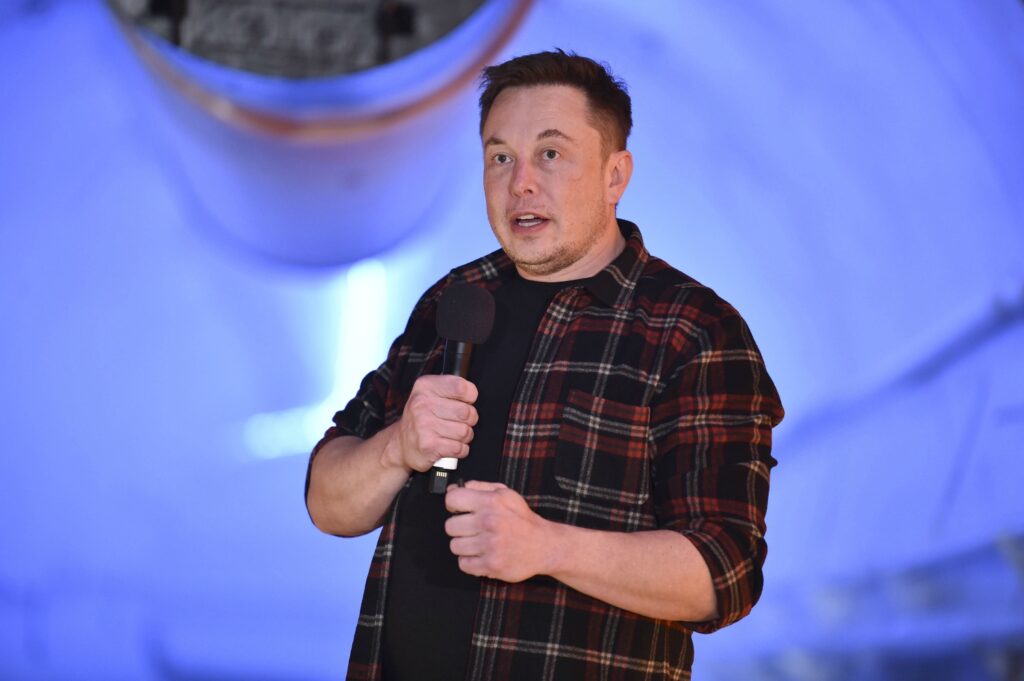On Sunday, Elon Musk, the CEO of Twitter, removed the blue tick verification of the New York Times.
The New York Times, founded in 1851, is a daily newspaper based in New York City, United States of America, with a global readership of 740,000 paid print subscribers and 8.6 million paid digital subscribers as of 2022.
The New York Times has stated that it will not subscribe to Twitter Blue unless it is required for their reporting.
The removal of the New York Times appeared to be punishment for refusing to pay for Twitter service.
A tweet from a verified UX/UI Twitter account (@cb_doge) read, “New York Times says It Won’t Pay For Twitter Verification”
Musk, on Sunday, relied to the tweet, noting it would remove the verification of the news outlet.
“Oh ok, we’ll take it off then,” he replied.
He went further his personal Twitter account to tweet “The real tragedy of @NYTimes is that their propaganda isn’t even interesting.
“Also, their feed is the Twitter equivalent of diarrhea. It’s unreadable. They would have far more real followers if they only posted their top articles. Same applies to all publications.”
A check by our correspondent on Monday shows that the verification badge on the US news outlet has been removed and that appears to be the only account hit by the removal as of the moment.
Recall that in March, Musk, CEO and chief engineer of SpaceX, disclosed that from April 1, legacy verified users would have their blue ticks removed from the service unless they paid the US$8 a month subscription fee for Twitter Blue while organisations pay US$1,000 a month.
However, as of Monday, blue ticks of legacy verified users who are yet to pay the US$8 a month subscription fee for Twitter Blue still remain, our correspondent observed.
On Sunday, Twitter also removed the information that differentiated between legacy verified accounts and Twitter Blue subscribers, with users told when clicking the tick that the account is “verified because it’s subscribed to Twitter Blue or is a legacy verified account.”
According to Washington Post, the removal of legacy verification badges may take a long time because the process may require a lot of manual elements.
